Stop Drinking Alcohol: Effective Methods and Health Benefits
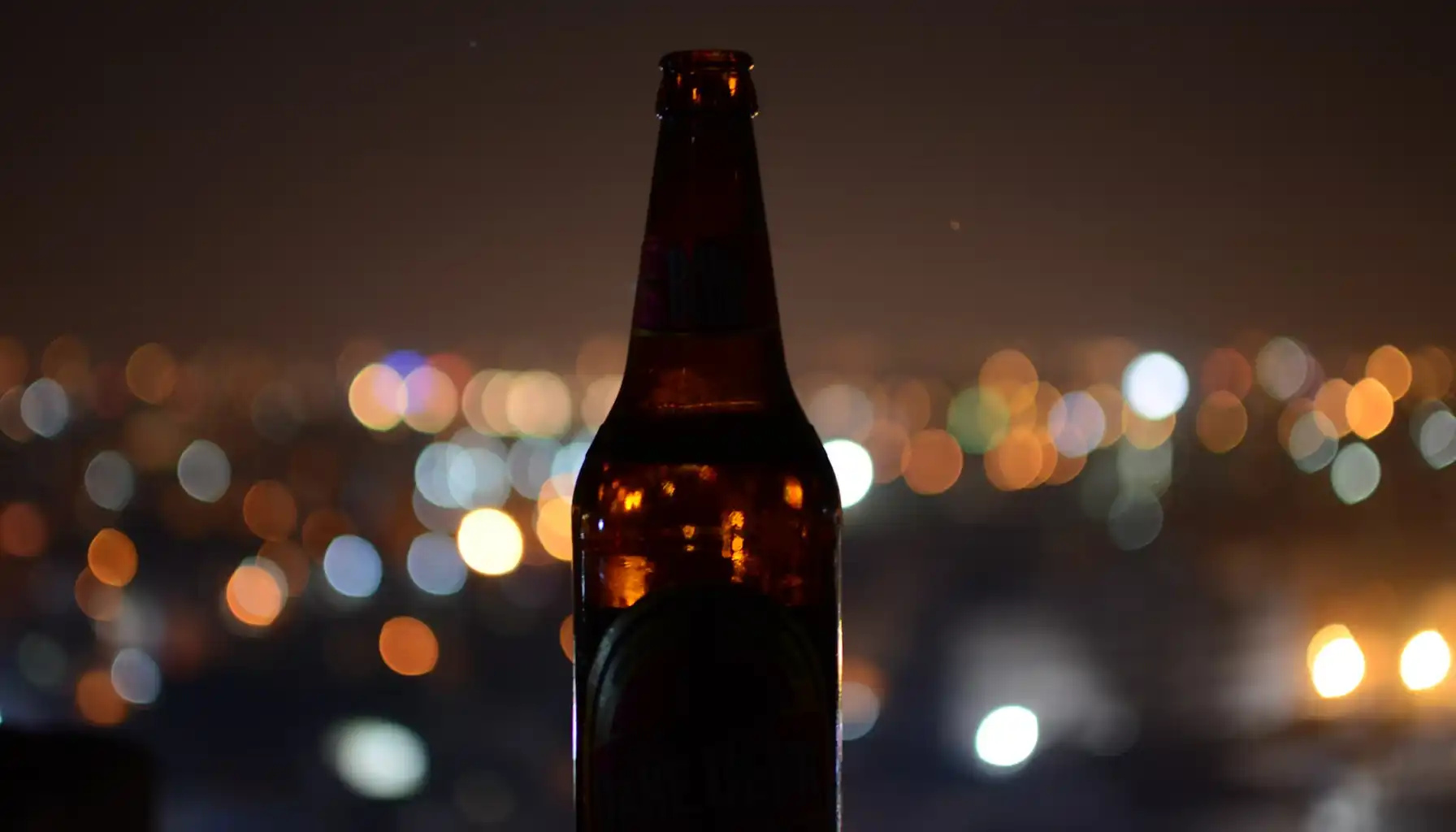
Contents:
- What Happens If You Stop Drinking Alcohol: Real Changes
- Not Always Smooth: What Happens to the Body When You Stop Drinking Alcohol during the First Days
- Time Matters: When and Why You Should Consider Quitting
- How to Stop Drinking Alcohol on Your Own: Home Options and Tips
- Fixing the Daily Struggles: How to Take Control
- Medication to Stop Drinking Alcohol: When to Ask for Help
- What Is the Best Way to Stop Drinking Alcohol?
It seems that a glass of wine with dinner is no longer about pleasure, but about habit. Now many people are realizing that giving up alcohol isn't about boredom or restrictions. Life without alcohol promises a clear head, restful sleep, less anxiety, and even the chance to really improve memory when the brain starts working without overload.
More people in 2025 are choosing this path — not because they have to, just because they want to feel better. Are you also looking to understand how to give up this guilty pleasure and make it last longer than just a few days?
Great, let's discuss ways to stop drinking alcohol available for everyone, things and options to lose a habit that you can try on your own, without doctors or clinics, as well as tips on when to stop drinking alcohol before a colonoscopy or some surgery to keep yourself safe.

What Happens If You Stop Drinking Alcohol: Real Changes
Many people think that giving up drinking simply means a couple of glasses less per week and a few dozen dollars more in your wallet. But in reality, the results are not so superficial. Everything that used to seem normal — morning grogginess, poor sleep, constant irritability — begins to disappear gradually.
Physical Reset: What Happens to Your Body When You Stop Drinking Alcohol
The body quickly senses that the burden is lifted. Booze no longer messes with your internal organs, and you feel it right away.
Small but important changes:
The face becomes less puffy, the skin clearer;
Digestion becomes more stable;
Inflammation, stomachaches, and headaches decrease;
Liver function is restored.
Can saying no to the bottle really affect the number on the scale? — Yes, and this is quite common. Without drinking, your overall calorie intake decreases, excess water is eliminated, and your metabolism works faster. This is especially true if you don't replace one bad habit with another, such as replacing wine (or something stronger) with sweets.
Want to understand how your body reacts to deeper lifestyle changes? Read our guide on how lack of sleep and lifestyle factors impact your body and mind.
Mental Clarity after Giving Up Booze
What about my mind? What happens when I stop drinking alcohol? If everything seemed blurry before, clarity and stability come with time. Without it, your brain works differently: you start to focus better, handle everyday tasks more easily, and worry less. It is not magic — your nervous system just doesn't have to fight against a toxic background anymore.
What changes after a month without booze? Well, some changes can surprise you:
Sleep becomes deeper and better quality;
Anxiety levels decrease;
Short-term memory and attention improve.
These are the real signs — you feel like a person who can finally think clearly and calmly without any distractions. By the way, why does clear thinking matter? Learn more about how emotional intelligence can impact your daily success.
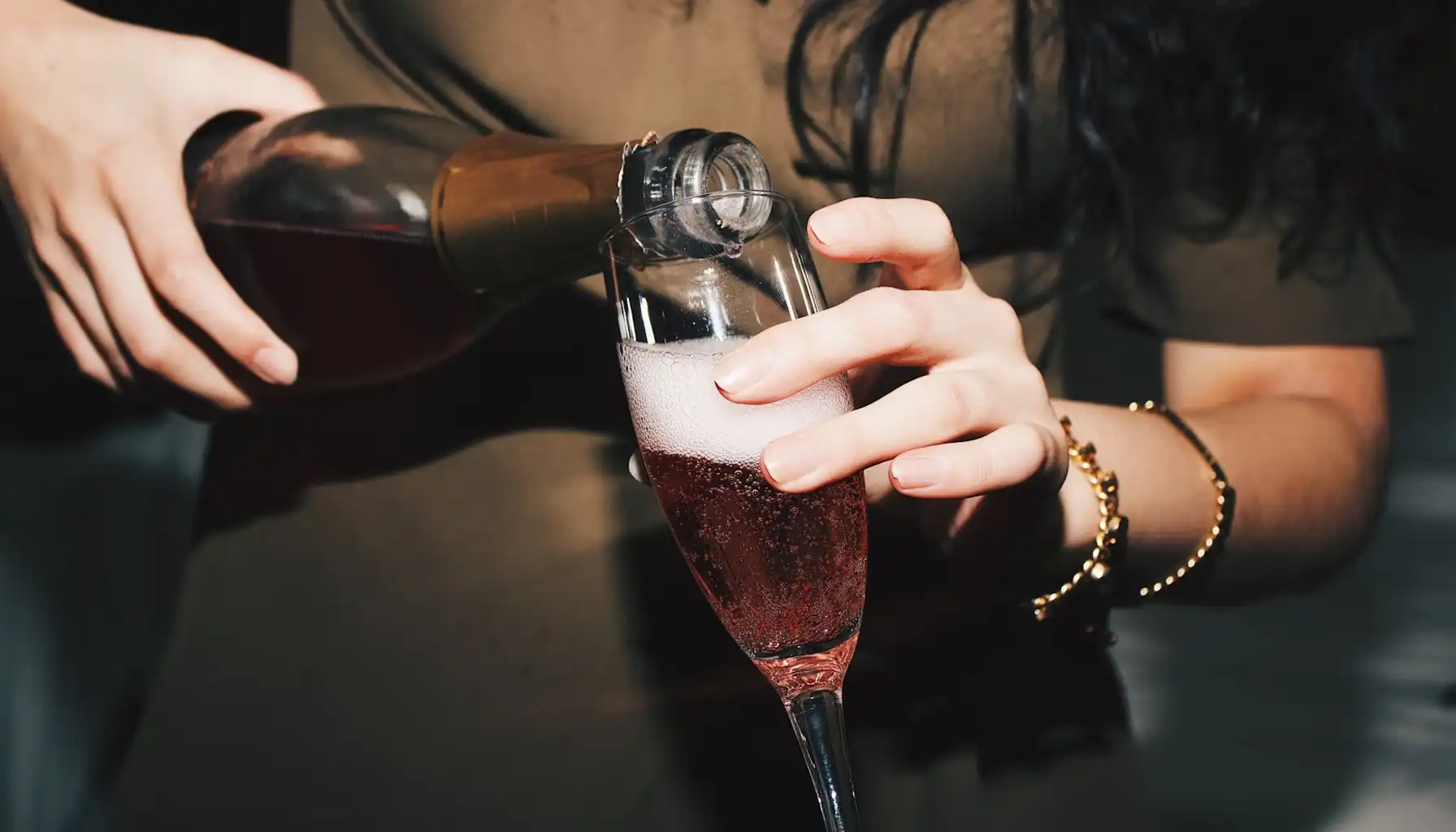
Not Always Smooth: What Happens to the Body When You Stop Drinking Alcohol during the First Days
The path to sobriety is often challenging. Sometimes, the body responds with unexpected reactions. This is not a cause for concern—it is simply the body re-learning to function without stimulants.
Initial symptoms may include:
Frequent urination;
Irritability;
A constant desire to chew or consume sweets;
Possible sleep problems.
Dealing with the consequences is never pleasant but remember that it is temporary. The main thing is to give yourself some time and not give up at the first sign of difficulty.
Time Matters: When and Why You Should Consider Quitting
Well, what about the best time for losing a bad habit? At what age should you stop drinking alcohol? Actually, there is no universal answer — for some the decision to give up drinking comes after alarming test results, for others — simply because their body can no longer cope.
On average, doctors recommend at least considering reducing consumption after the age of 40–45, especially if you have chronic illnesses. But age is not the only reason to think about it. There are situations when even a couple of sips can be harmful to your health. Especially if you have a medical appointment coming up.
When to Stop Drinking Alcohol before Surgery: Details to Know
How many days before surgery should I stop drinking alcohol? This is a very good question, and it is important to know the answer in advance. Please note that even wine can affect the effectiveness of anesthesia, blood clotting, and recovery after surgery. General recommendations:
Procedure | Minimum days without drinking |
General anesthesia | 7–14 |
Laparoscopy | 5–7 |
Colonoscopy | 3–5 |
So, it is no surprise many people ask how long before surgery should I stop drinking alcohol — and they are absolutely right to do so. It is a crucial topic to discuss during your consultation: if you know the answer in advance you can reduce stress, protect your liver and immune system, and improve your chances of a quick recovery.
How to Stop Drinking Alcohol on Your Own: Home Options and Tips
Well, let us be honest, many people are wondering how to stop drinking alcohol at home — without rehabilitation centers, quietly and in their own way? It is possible if you go about it wisely, do not expect instant results, and are sincere with yourself.
Replace the habit with a ritual
Repetition is important for the brain. Instead of a glass of wine, have tea with lemon, go for a walk, watch a TV series, or meditate. The ritual remains, but without wine.
Remove triggers from your environment
An empty bar, no supplies in the fridge, unsubscribing from “wine memes” on social media — all of this helps. It is harder to drink when you have to drive 20 minutes to get to the nearest glass.
Rely on support Find “your” people or activity
Whether they are friends, anonymous groups, or even interactive leisure activities. For example, Mind Elevate offers more than 35 games for memory, attention, and logic, helping you distract yourself and keep your brain in shape. For example, Mind Elevate offers engaging tools like the left-brain vs. right-brain personality test, which can help you stay mentally active and explore how you process information — a useful distraction when building new habits. When your mind is engaged in something, the craving for booze decreases significantly.
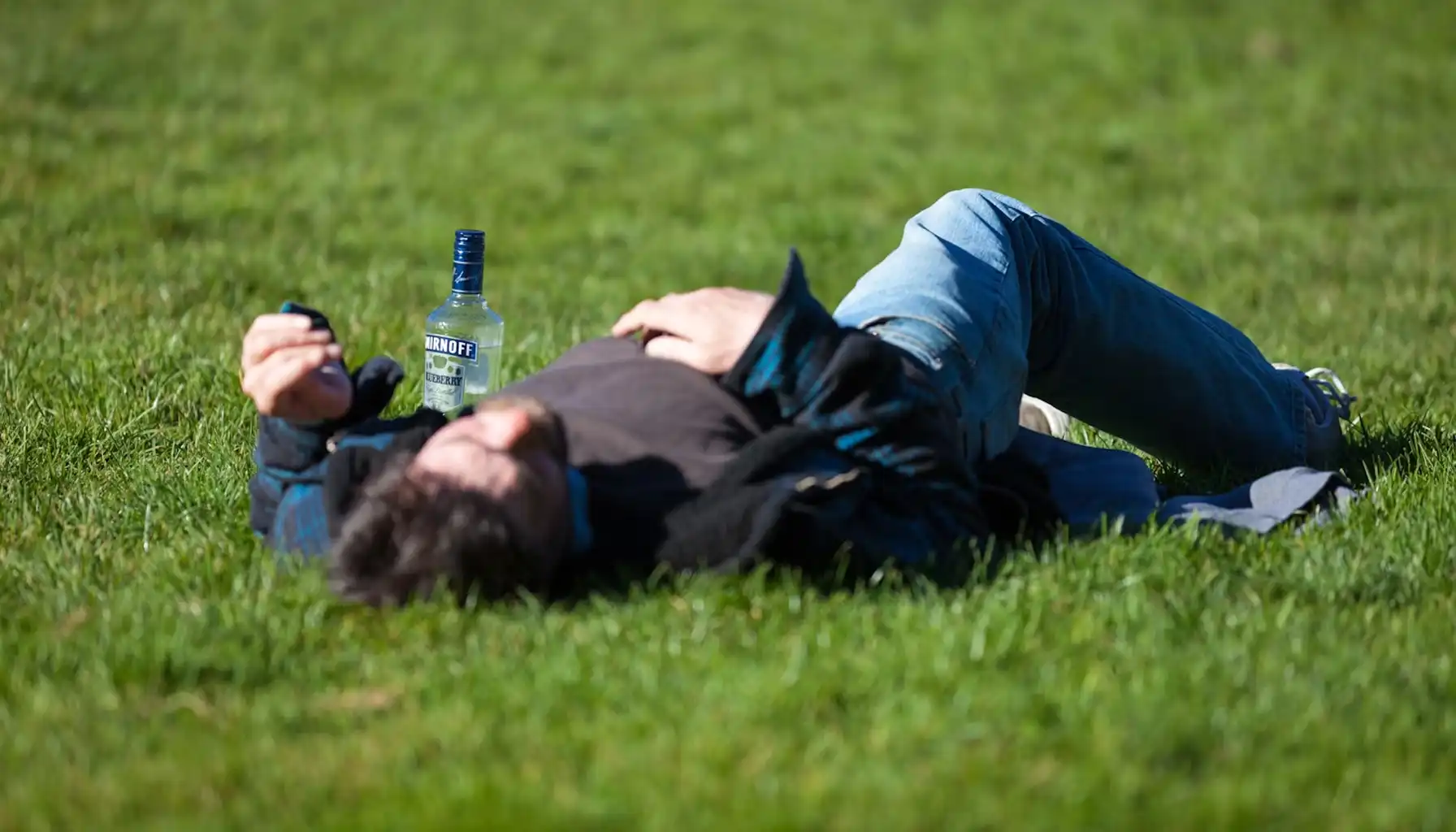
Fixing the Daily Struggles: How to Take Control
We've all been there: a couple of cocktails, a glass of wine — your worries melt away and your problems fade into the background, leaving you feeling relaxed and happy. But in reality, you haven't escaped your problems, you've just picked up a couple of new ones: nausea, hiccups, an upset stomach, and a racing heart in the morning. Not the most pleasant companions, would you agree? Luckily, you don’t always need a doctor to feel some relief — home tricks can help too.
How to Stop Diarrhea After Drinking Alcohol
Booze can mess with your gut. To help your digestive system:
Skip coffee and fatty foods in the morning.
Rice water and bananas are your best bet.
Drink water with electrolytes (like mineral water or Pedialyte and its analogous).
How to Stop Vomiting After Drinking Alcohol Home Remedies
Take sips of cold water — slowly, not all at once.
Drink ginger tea with honey and lemon or mint infusion (this will relieve spasms and eliminate the reflex).
How to Stop Hiccups After Drinking Alcohol
Hold your breath while inhaling;
Drink water in small sips;
Eat a teaspoon of sugar or a little lemon.
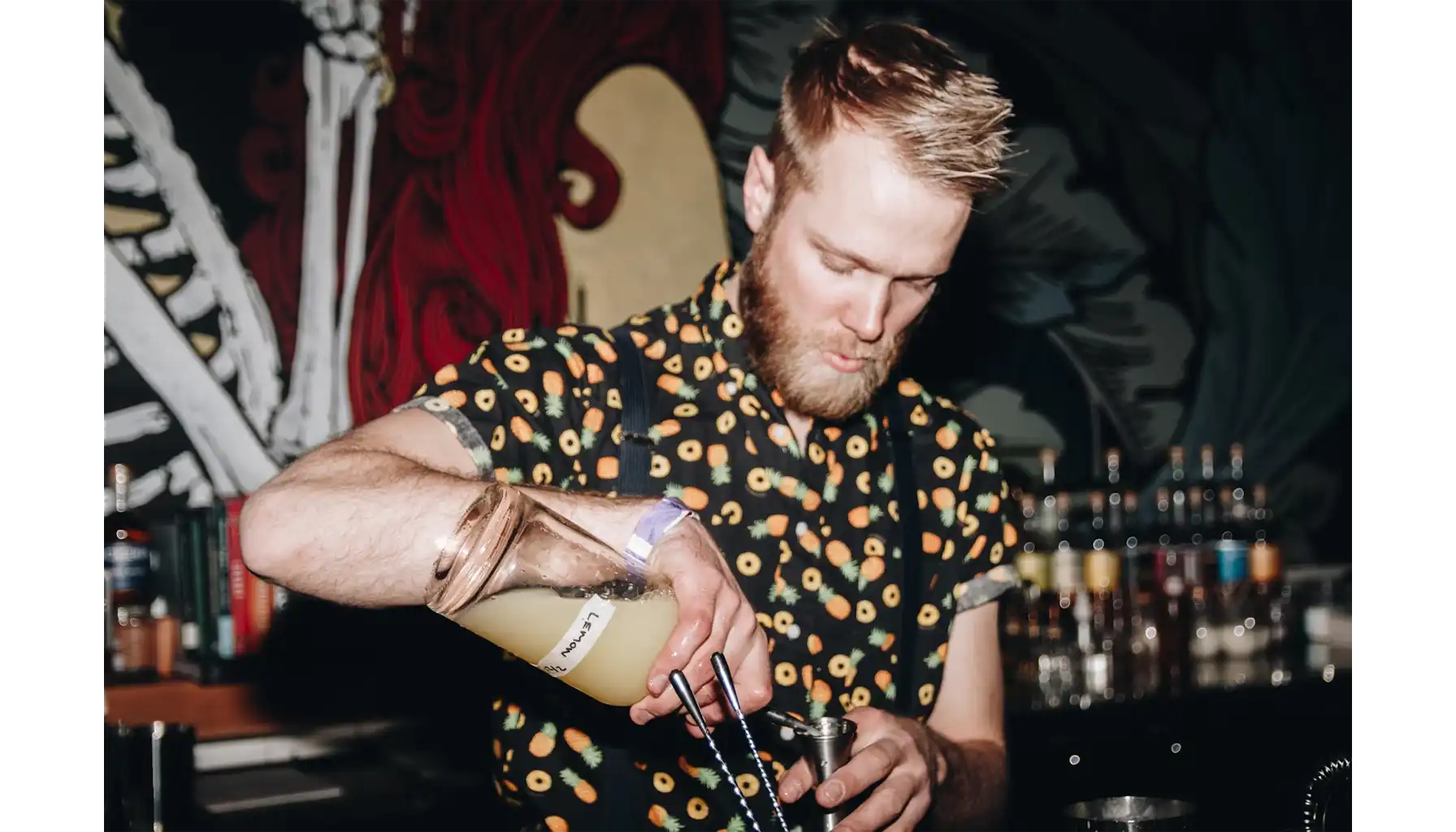
How to Stop Yourself from Peeing the Bed When Drinking Alcohol
Alcohol suppresses the hormone that controls urine production. To avoid waking up in an unpleasant situation:
Avoid drinks at least 2 hours before bedtime;
Go to the bathroom twice before bedtime (at intervals);
How to stop peeing so much when drinking alcohol?
Reduce the number of drinks that cause frequent urination (such as beer and cider).
How to Stop Anxiety After Drinking Alcohol
The “drunk alarm” effect is not a myth. To help yourself:
Do the “4-7-8” breathing exercise;
Go for a walk — physical activity reduces cortisol;
Consider replacement – apps like Mind Elevate provide easy exercises that shift your focus away from anxious thoughts.
How to Stop Heart Racing After Drinking Alcohol
A rapid heartbeat can be frightening, especially if it occurs at night. Helpful tips:
Drink a glass of water with magnesium;
Lie on your back and focus on your breathing;
Avoid caffeine and sugar for the next 24 hours.
If all these unpleasant consequences haven't stopped you from drinking, and you are still wondering how do I stop drinking alcohol, it may be time to consider additional support. One solution may be medicine to stop drinking alcohol, i.e. some drugs that help control cravings or cause aversion to drinking.

Medication to Stop Drinking Alcohol: When to Ask for Help
Sometimes intentions alone are not enough. If attempts to “quit” fail time and time again, this is not a sign of weakness, but a reason to seek support. Modern medicine offers safe ways to navigate this process. In the table below you can see the popular options and the way they work:
Name of the drug | How it works | Who is it suitable for? |
Naltrexone | Blocks the pleasure of strong beverages | People who cannot stop at “just one” |
Acamprosate | Reduces cravings, balances the brain | People who have already given up and want to stay on track |
Disulfiram | Causes a sharp reaction when you are drinking | People who want a tangible “barrier” |
When should you see a doctor?
You drink every day and cannot stop even for 1–2 days;
You have withdrawal symptoms: tremors, sweating, anxiety;
You have heart, liver, or gastrointestinal problems;
You feel that you cannot cope emotionally.
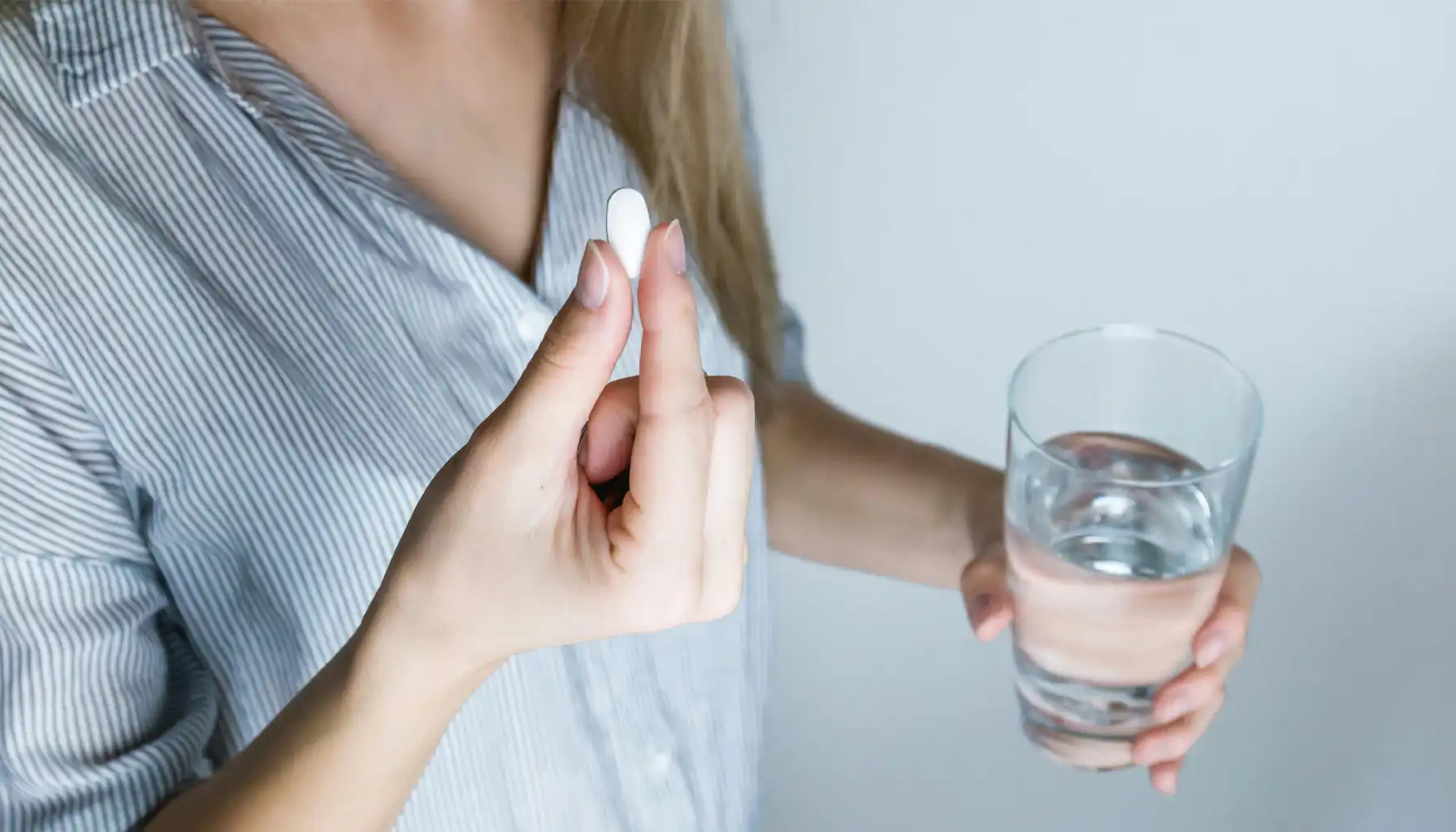
What Is the Best Way to Stop Drinking Alcohol?
The answer depends on you. For some, it will be home remedies to stop drinking alcohol, for others a complete abstinence with the support of a specialist or a combined strategy: medication, psychotherapy, distractions like Mind Elevate, and family support. The main thing is not to be afraid to ask: what can I do to finally break the habit? The answer can be found, and you are definitely not alone on this journey.





